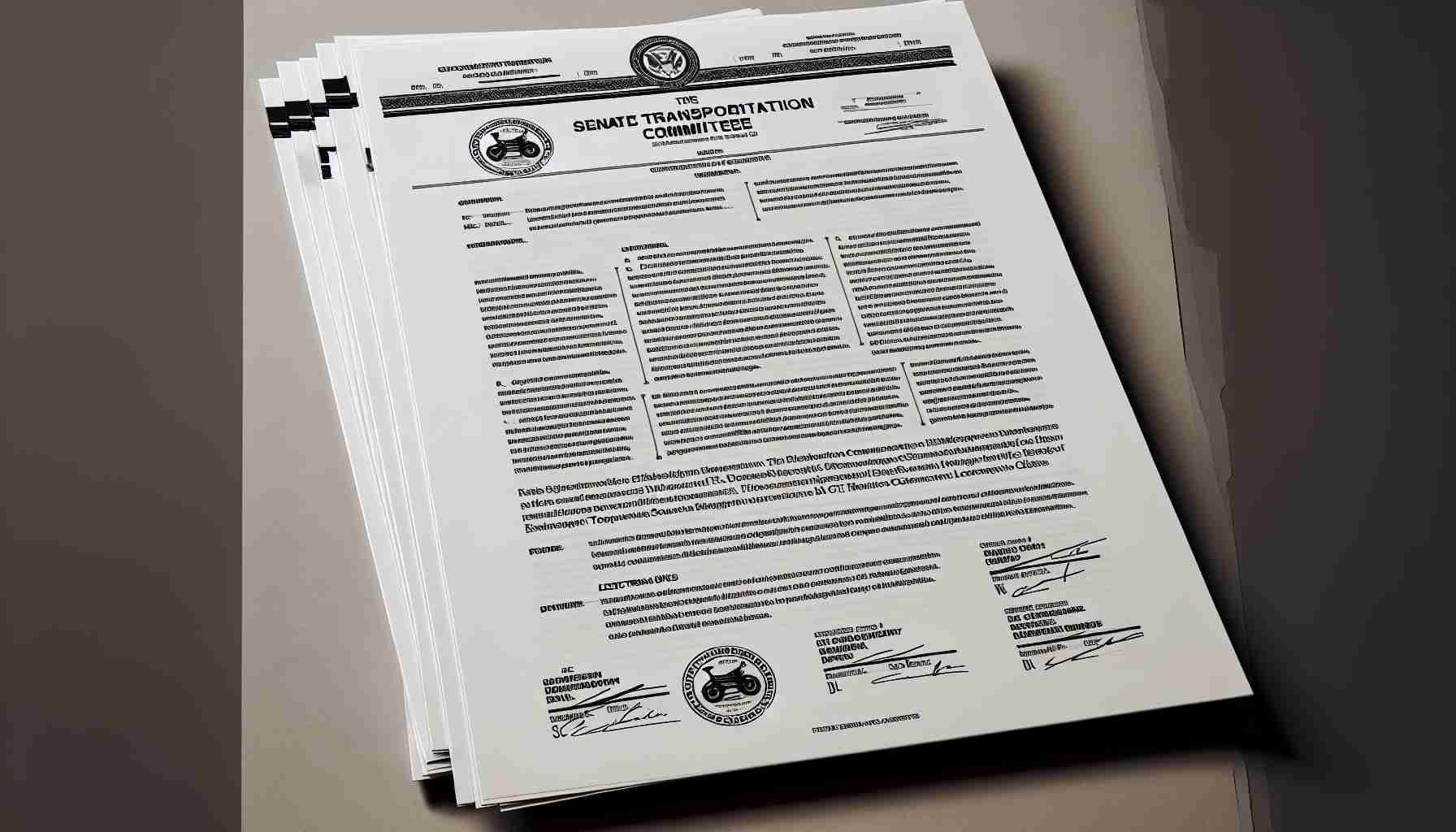In a recent meeting, the Senate Transportation Committee discussed and approved various bills relating to e-bikes, bike infrastructure, and tolls for bike riders and pedestrians on bridges. One of the notable bills, A.B. 1774, clarifies that tampering with an e-bike to violate state law is illegal. This ensures that e-bikes conform to the regulations regarding speed and throttle capacity.
Another bill, A.B. 1778, stirred up some discussion as it seeks to prohibit young people from riding Class 2 e-bikes and requires riders to wear helmets. While some committee members supported this measure as a safety precaution, others raised concerns based on a small study that suggested cars, not e-bikes, were the primary cause of accidents involving e-bike riders.
Assemblymember Damon Connolly, the author of A.B. 1778, disputed the study’s claims and highlighted the need for safety regulations to address the increasing modifications of Class 2 e-bikes, making them potentially more dangerous.
During the meeting, Assemblymember Laura Friedman also introduced A.B. 2290 and A.B. 2869, which aim to improve bike infrastructure and ensure access to recreational areas for pedestrians, cyclists, and equestrians.
A.B. 2290 prohibits the use of state funds for Class III bikeways, emphasizing the need for safer and more substantial bike infrastructure rather than simple route signage and sharrows. The bill also requires local bicycle or active transportation plans to include existing bike facilities when undertaking street repaving projects. Additionally, A.B. 2290 establishes a Bikeway Quick-Build Project Pilot Program to expedite the development of low-cost safety improvements on state highways.
A.B. 2869 addresses the issue of maintaining access to recreational areas by assigning responsibility to highway owners, ensuring that people can reach public lands safely without having to navigate high-speed roads and highways.
Lastly, Assemblymember Phil Ting reintroduced A.B. 2669 to extend the prohibition of bridge tolls for bike riders and pedestrians. Previously enacted in 2015, the prohibition expired, prompting the need for renewed legislation.
The approved bills reflect the ongoing effort to enhance e-bike laws, improve bike infrastructure, and prioritize the safety and accessibility of alternative transportation modes for Californians. These measures aim to create a more sustainable and inclusive transportation system for all.
The e-bike industry has been experiencing significant growth in recent years. E-bikes, or electric bicycles, are becoming increasingly popular as a mode of transportation, especially in urban areas where traffic congestion and environmental concerns are driving the demand for alternative transportation options. According to market forecasts, the global e-bike market is expected to reach $38.6 billion by 2025, growing at a CAGR of 9.7% from 2020 to 2025.
One of the key factors contributing to the growth of the e-bike market is the increasing adoption of e-bikes for commuting purposes. E-bikes provide a convenient and cost-effective means of transportation, offering the benefits of both traditional bicycles and electric scooters or motorcycles. With advancements in battery technology and motor efficiency, e-bikes are now capable of longer distances and higher speeds, making them a viable option for daily commuting.
However, the rise of e-bikes has also raised concerns regarding safety and regulatory compliance. The bills discussed by the Senate Transportation Committee aim to address these concerns by clarifying the regulations surrounding e-bikes and imposing safety measures. For instance, A.B. 1774 prohibits tampering with e-bikes to ensure compliance with speed and throttle capacity regulations. Similarly, A.B. 1778 proposes the prohibition of young people riding certain classes of e-bikes and mandates helmet use to improve safety.
Another important aspect of the e-bike industry is the need for improved bike infrastructure. A.B. 2290 seeks to enhance bike infrastructure by discouraging the use of state funds for less substantial bikeways and promoting more comprehensive infrastructure solutions. The bill also emphasizes the inclusion of existing bike facilities in street repaving projects. This focus on enhancing infrastructure is crucial for ensuring the safety and accessibility of e-bike riders and other cyclists.
Furthermore, A.B. 2869 addresses the issue of maintaining access to recreational areas by assigning responsibility to highway owners. This measure recognizes the importance of providing safe access to public lands for pedestrians, cyclists, and equestrians, thereby encouraging outdoor activities and promoting a healthier lifestyle.
It is worth noting that Assemblymember Phil Ting reintroduced A.B. 2669 to extend the prohibition of bridge tolls for bike riders and pedestrians. This move aims to support and encourage more people to choose environmentally friendly modes of transportation, such as bikes and e-bikes, by eliminating the financial barrier associated with tolls.
Overall, the bills discussed by the Senate Transportation Committee reflect the ongoing efforts to enhance e-bike laws, improve bike infrastructure, and prioritize the safety and accessibility of alternative transportation modes. These measures not only address the current challenges but also pave the way for a more sustainable and inclusive transportation system in California.
Related links:
– Cycling Industry News
– Bike Europe
– Bicycling.com







